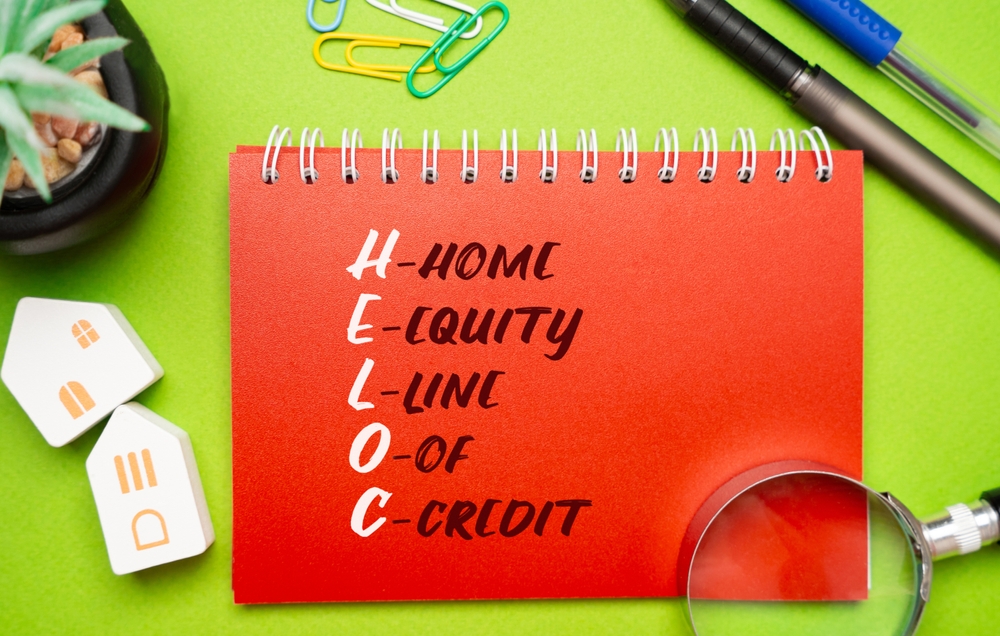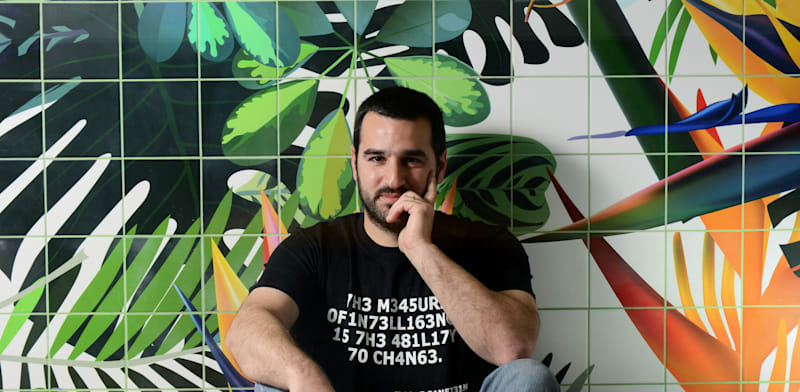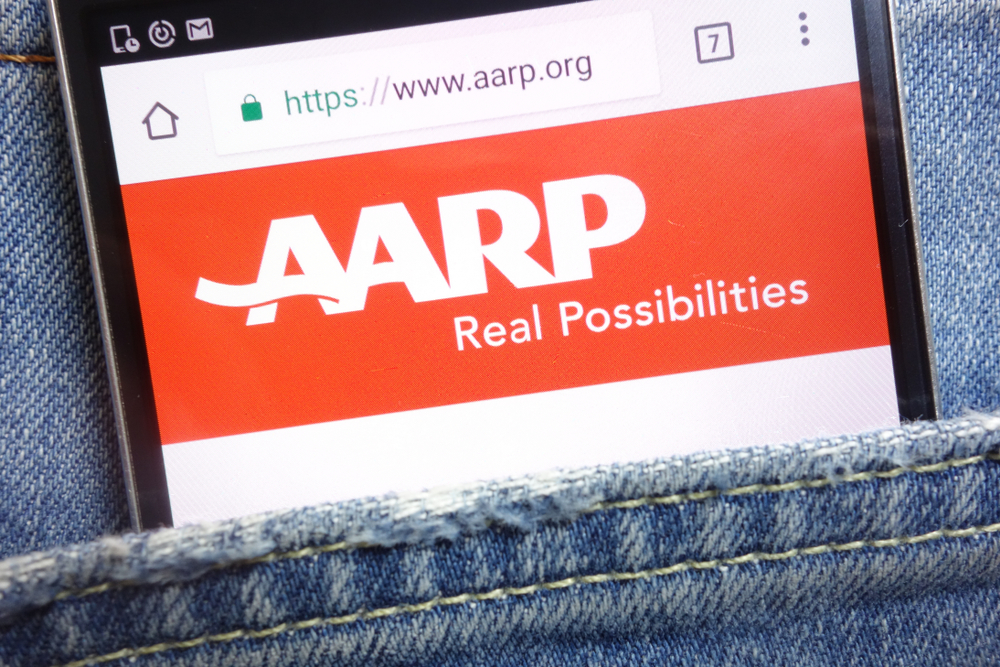When you look at someone who carries themselves with quiet financial confidence, you can feel it. They are not loud about their success, nor do they chase validation. Instead, their confidence comes from daily habits, subtle disciplines, and clear intention. These people do not just manage money; they manage themselves.
The truth is, financial confidence has little to do with how much you earn and everything to do with how you think, behave, and respond. Below are the habits that set financially confident people apart, not flashy, but powerful enough to change your relationship with money forever.
They Anchor Their Identity, Not Their Worth, in Money
Credit: shurkin_son Via Freepik
Financially confident people know that their value is not determined by their bank balance. They anchor their sense of identity to values like purpose, integrity, and growth. This separation allows them to make clearer decisions because their self-esteem is not tied to short-term outcomes.
This mindset reframes every financial choice. They spend intentionally, invest deliberately, and save with purpose. When setbacks occur, they do not spiral into self-blame. They simply adjust course and continue forward. Money becomes a reflection of priorities, not a reflection of self-worth.
They Practice Financial Mindfulness Regularly and Intentionally
Financial mindfulness is not a trend; it is a discipline. Research from Georgetown’s McDonough School of Business shows that being mindful about money, noticing emotions before acting, pausing before spending, and aligning decisions with long-term goals, leads to healthier finances and greater life satisfaction.
Financially confident people take time to reflect on their relationship with money. They recognize triggers like stress spending or comparison, and they build habits to counter them. They replace the cycle of impulsive action with deliberate choice. Over time, this creates emotional distance between money and anxiety, allowing them to move from reaction to control.
They Automate the Hard Parts and Trust the Process
The most confident people understand that consistency beats intensity. They set up automatic transfers, contributions, and payments so progress continues even when motivation fades. They trust the process they’ve built.
This kind of automation creates mental freedom. They no longer have to think about whether to save this month or pay the credit card on time; the system handles it. This habit mirrors Investopedia’s 10 Habits to Reach Financial Freedom, which lists automation as a defining behavior of long-term success.
By reducing decision fatigue, they channel their energy into growth and creativity rather than constantly managing logistics. Automation becomes quiet proof that they are in control.
They Stay Aware of Debt Instead of Avoiding It
Avoidance is one of the most common reactions to debt, but it is also one of the most damaging. Financially confident people do the opposite. They face their numbers head-on and maintain constant awareness of what they owe and why.
They monitor their statements, compare interest rates, and set realistic repayment goals. By doing so, they prevent stress from compounding and maintain a sense of ownership over their situation.
They also plan for the unexpected. When emergencies appear and savings are tight, they already know which short-term solutions are safe to consider, such as online flex loans no credit check, which can offer temporary breathing room without the long-term commitments of traditional lending.
Studies show that behavior, not knowledge alone, predicts long-term financial success. Financially confident people know this and act accordingly. They do not let discomfort grow into avoidance; they turn awareness into power.
They View Money as Energy, Not Morality
Confident people strip money of moral weight. They see it as neutral energy that can be directed toward meaning. This mindset removes shame from spending and guilt from ambition, creating space for balance and joy.
Instead of asking, “Is this purchase bad?” they ask, “Does this purchase serve my goals?” That subtle shift removes judgment and promotes alignment. When you view money this way, you stop fighting with it and start collaborating with it.
This approach also encourages generosity. Because money is energy, it flows both ways. Financially confident people are not afraid to spend on what matters, give where it counts, and invest in others without fear of loss.
They Hold Regular Money Check-Ins
Rather than waiting for an annual budget review, financially confident people hold frequent check-ins. These moments of reflection, whether weekly, biweekly, or monthly, help them stay connected to their numbers and emotions.
During these sessions, they review their cash flow, identify trends, and make small adjustments before small issues grow. They also pay attention to how they feel about their finances, because emotions often reveal blind spots that numbers do not.
Over time, these check-ins build a rhythm of awareness. They stop money from being something that “happens” to them and make it something they actively engage with. That habit creates momentum that compounds into confidence.
They Value Learning More Than Perfection
Financial confidence grows in environments that welcome learning. The people who handle money best are not necessarily the ones who started with knowledge, but those who never stopped learning.
They read, take courses, and seek advice. When they make mistakes, they use them as feedback, not failures. This constant curiosity keeps them adaptable, especially in times of economic uncertainty.
A recent study confirms this link: financial literacy paired with self-efficacy and disciplined behavior significantly improves well-being. Confident people embody this truth. They grow wiser, not just wealthier, over time.
They Resist Comparison and Choose Curiosity
In a world built on highlight reels and filtered success, comparison is inevitable. Yet financially confident people resist letting it take control.
When they feel envy or inadequacy, they treat it as a signal rather than a verdict. They ask what triggered the feeling and what it might teach them about their own goals. Sometimes that reflection reveals an unfulfilled desire or an outdated assumption.
By choosing curiosity over comparison, they protect their peace. Their focus stays internal, progress, purpose, and peace of mind, not external appearances. That calm detachment is one of the clearest signs of true financial confidence.
Cultivating Confidence, One Habit at a Time
None of these habits are loud or glamorous. They rarely show up on social media or make for viral moments. But over time, they build the kind of confidence that cannot be faked.
Start with one habit. Maybe automate your savings, track your spending, or simply check your finances every Friday. Progress compounds through small, steady effort.
Financial confidence is not about never worrying about money. It is about knowing that whatever happens, you have the clarity, discipline, and mindset to handle it. That is the kind of wealth that lasts.

























